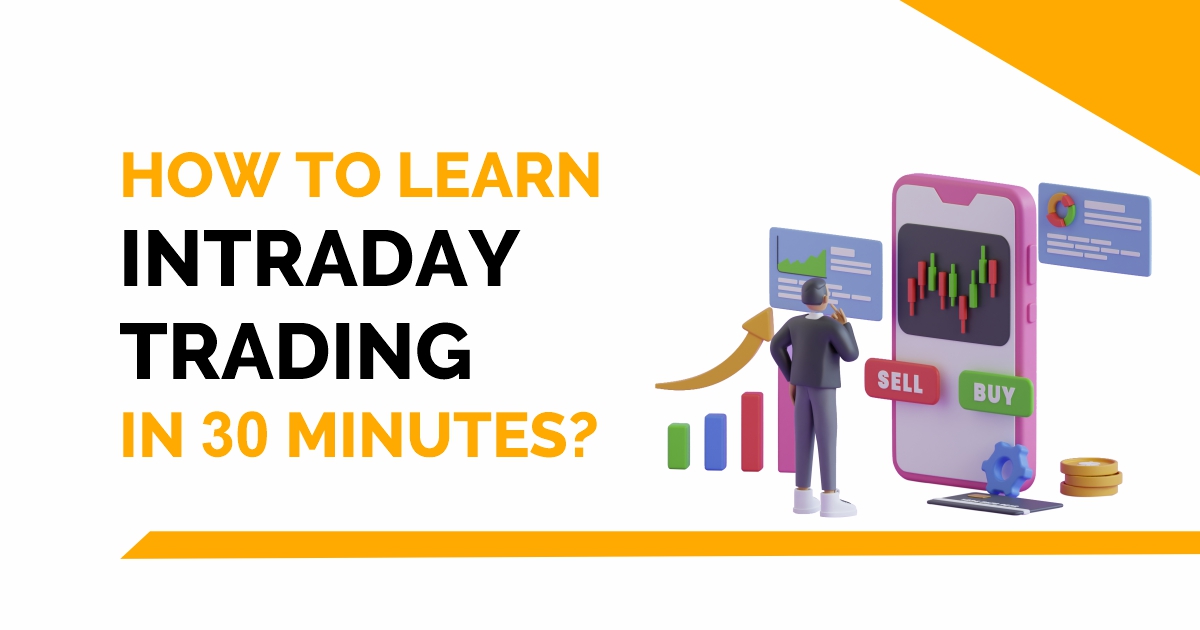In an interesting session as part of the highly popular MarketShala series conducted by Elearnmarkets, Mr. Vivek Bajaj, Co-founder Elearnmarkets, and Mr. Chetan Panchamia a prolific intraday trader and trainer with many years of experience came together to decode How to effectively do money management for trading.
Here is a short discussion of this session. If you want to get a practical understanding of How to effectively do money management for trading, watch the full video at the end of this blog.
When trading in the stock market traders face the problem of how to manage their money or when to book losses.
So let us discuss what money management is and how to effectively manage your trades.
What is Money Management in Trading?
By the term “Money Management” we mean where are we utilizing and saving our money.
This concept is used in our daily lives also i.e how much we are spending and how much we are saving from our salary.
Suppose our salary is Rs. 10, out of this we spend Rs. 7 and save Rs. 3. We can either put this saving in the banks or invest the same.
But if our salary is Rs. 10 and we spend Rs. 13, then there is a deficit of this Rs. 3. In order to recover this deficit, we will either borrow or steal i.e. Beg, Borrow or Steal.
But in the financial market, Money Management is when we are putting our money in the market and how we are managing that money.
Are we entering the market at the same price level or we know how much losses we will suffer i.e is known as risk
Suppose we are entering the market at 11,900 and Nifty is trading at 11,800 so we are suffering a loss of 100 points and when we are making profits, we are making a profit of 200-250 points.
Or we are entering at 10 different levels, then we out of these entries 7 are going right or not, if it is not going right, the probability of being a successful trader goes down.
Money management is mainly about altering exit and exit so that overall we are making a profit out of it.
But then two emotions i.e. Greed and Fear come in the way of our trading.
When a novice trader comes into the market he thinks that how much profit he will make but when a professional trader enters the market he thinks how much loss he will suffer by taking a trade in the market.
A balance between risk and reward is what money management means. If you want to enter the stock market then you need to patiently wait for your desired entry levels.
You can also watch another discussion in our Marketshala on How to make money by buying options?
Method of Money Management in Trading:
Let us take an example, you are a short-term trader, Nifty is trading at 11,900 and the stop-loss is at 11,700 and you think that Nifty can come down to 11,840.
So here you suffered a loss of 140 points and Nifty can rise to 12,000 levels so as a trader you should enter in different levels.
You can invest 1/3rd of your amount at the level of 11,840, 1/3rd of your amount at the level of 11,780, and 1/3rd of your amount at the level of 11,740, and put a stop-loss 11,680 and the average is 11,780 and the potential reward is 12,00, then your risk-reward ratio will be 1:2.
So the level of 11,700 is the demand zone i.e. where the buyers are sitting and the level of 12,000 is the supply zone i.e. where the sellers are sitting
So the first step of money management that you should buy a particular stock when it is trading near the demand zone and sell when it is trading near the supply zone.
In order to identify the demand and supply zones, traders can take the help of various technical patterns, indicators, volume, delivery, etc.
They can also analyze volume with open interest to identify these zones like professional traders.
So entering the market at different levels and putting a fixed risk-reward ratio is a secret of managing the money effectively in trading.
You can watch the full video from here:
Learn more about the trading in stocks here here
Happy Investing!








